It is a great time to learn more about the diversity of Hispanic and Latina/e/o/x experiences and cultures. As of 2024, the U.S. Hispanic population has reached an estimated 68.1 million, representing 20% of the total U.S. population—marking the first time in U.S. history that Hispanics represent one in every five Americans. Key growth trajectory:
-
2020: 62 million (18.9% of population)
-
2023: 65.2 million (19.5% of population)
-
2024: 68.1 million (20% of population)
This represents remarkable growth, with Hispanics accounting for the majority of U.S. population growth and maintaining a growth rate of 2.9% in 2024—nearly three times faster than the overall U.S. population growth rate. The Hispanic population has now achieved the historic milestone of representing one-fifth of all Americans, cementing their position as the nation’s largest minority group and a driving force in U.S. demographic and economic trends.
When Is Hispanic Heritage Month observed?
Hispanic Heritage Month is observed every year for a month from September 15 to October 15.
September 15 was chosen as the starting point for the celebration because it is the anniversary of the independence of five Latin American countries: Costa Rica, El Salvador, Guat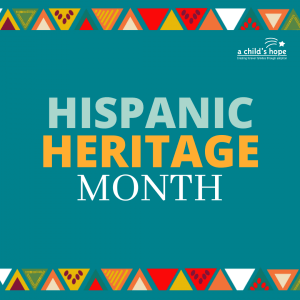 emala, Honduras, and Nicaragua. All declared independence in 1821.
emala, Honduras, and Nicaragua. All declared independence in 1821.
In addition, Mexico, Chile, and Belize celebrate their independence days on September 16, September 18, and September 21, respectively. Hispanic Heritage Month was established through legislation in 1968 under President Lyndon B. Johnson and was later expanded when the 30-day period was implemented in 1988 by President Ronald Reagan.
Some Hispanic Heritage Facts!
- The term Hispanic or Latino, as defined by the U.S. census bureau refers to Puerto Rican, south or central American, or other Spanish culture or origin regardless of race.
- Oscar Hijuelos, author of the “the mambo kings play songs of love” was the first Hispanic writer to win a Pulitzer prize for fiction.
- Dr. Ellen Ochoa was the first Hispanic woman astronaut to go to space. Tom Fears was the first Hispanic Football Hall of Fame Inductee.
What’s the Difference Between Hispanic and Latino, Latin, or Latinx?
Language is ever-evolving and the term Hispanic is used to describe many groups of people. That being said, here’s a breakdown of individual preferences to consider:
- Hispanic is defined as relating to Spain, or Spanish-speaking countries. The word was first widely popularized through its use in the U.S. Census of 1970. It typically classifies people based on language.
- Latino refers to the geographical location of a person’s country of origin or their ancestors, typically with cultural ties to Latin America.
- Latinx and Latin are gender-neutral forms of the word Latino or Latina.
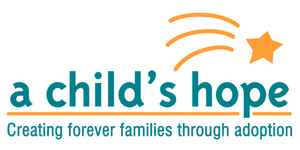

 Childproofing your home is essential as your baby grows more mobile. Watch for broken toys, and make sure the pieces are larger in size.
Childproofing your home is essential as your baby grows more mobile. Watch for broken toys, and make sure the pieces are larger in size.  community for help if you have questions.
community for help if you have questions.  Each February, National Black History Month serves as both a celebration and a powerful reminder that Black history is American history, Black culture is American culture, and Black stories are essential to the ongoing story of America — our faults, our struggles, our progress, and our aspirations.
Each February, National Black History Month serves as both a celebration and a powerful reminder that Black history is American history, Black culture is American culture, and Black stories are essential to the ongoing story of America — our faults, our struggles, our progress, and our aspirations. 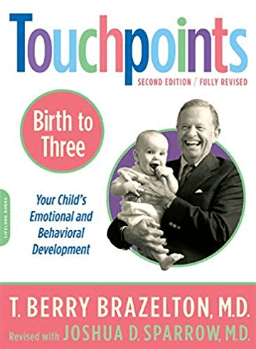
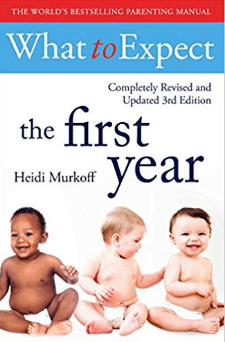
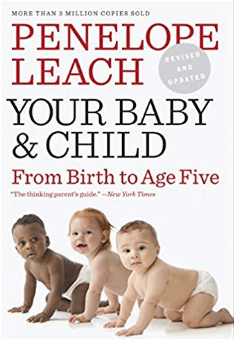
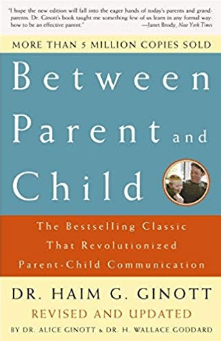
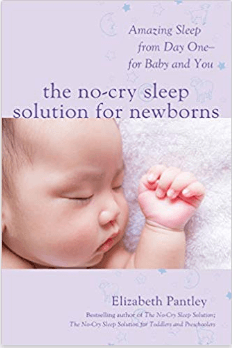
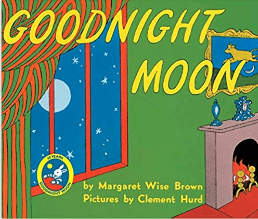
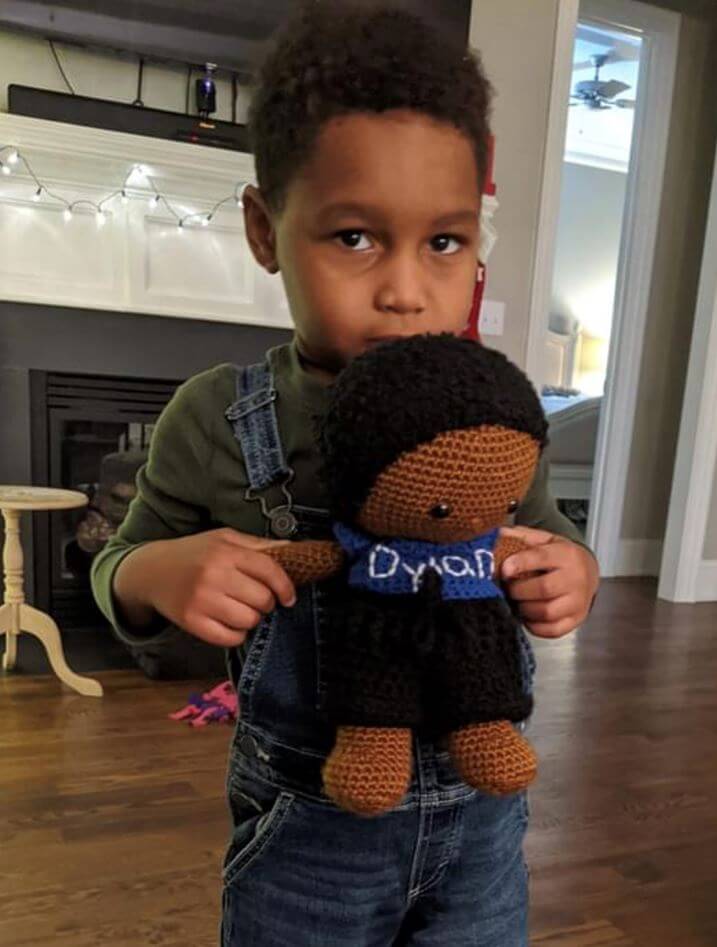
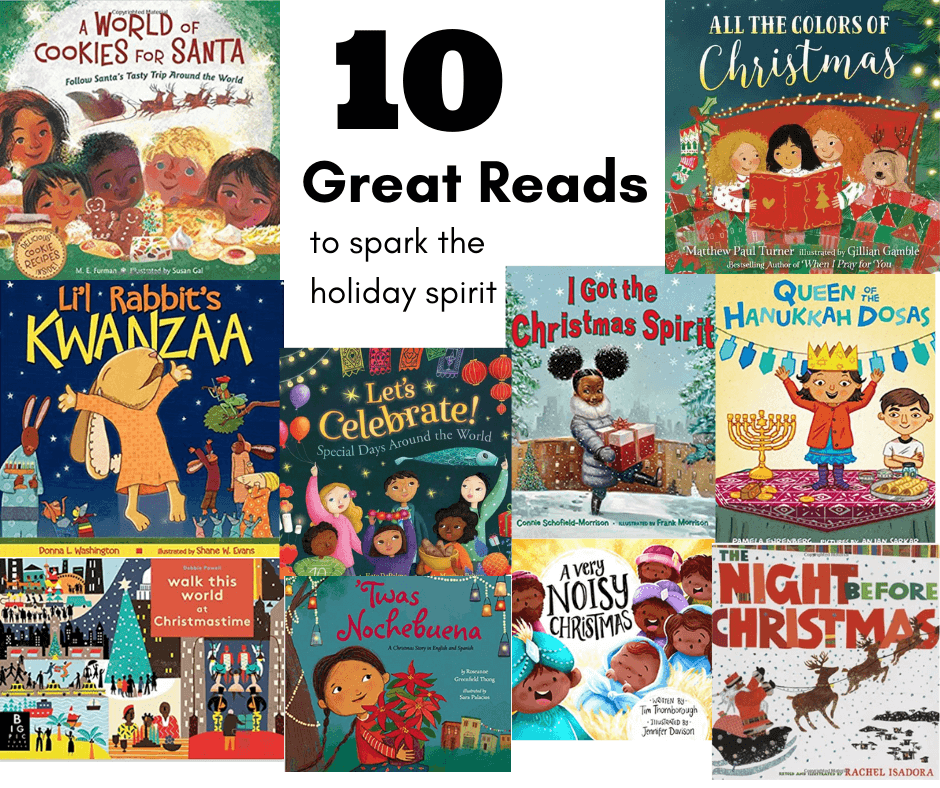 Reading is one of the great pleasures, especially during the holidays. With kids in holiday jammies, sometimes there’s nothing better than kicking back in your favorite spot at home with a celebrated book in hand. A Child’s Hope has a few names of kid reads to spark the holiday spirit — favorites our families have shared throughout the years, add these to all the traditional titles. We know that representation matters, and love that Santa comes in many different colors. Snuggle up with your favorite books this year, and soak in the holiday spirit with family and friends.
Reading is one of the great pleasures, especially during the holidays. With kids in holiday jammies, sometimes there’s nothing better than kicking back in your favorite spot at home with a celebrated book in hand. A Child’s Hope has a few names of kid reads to spark the holiday spirit — favorites our families have shared throughout the years, add these to all the traditional titles. We know that representation matters, and love that Santa comes in many different colors. Snuggle up with your favorite books this year, and soak in the holiday spirit with family and friends. Adoption Awareness Month is not only about celebrating adoption but also offering support.
Adoption Awareness Month is not only about celebrating adoption but also offering support.